The Importance of Finding a Legitimate K-9 Instructor for Training Your Police Service Dog
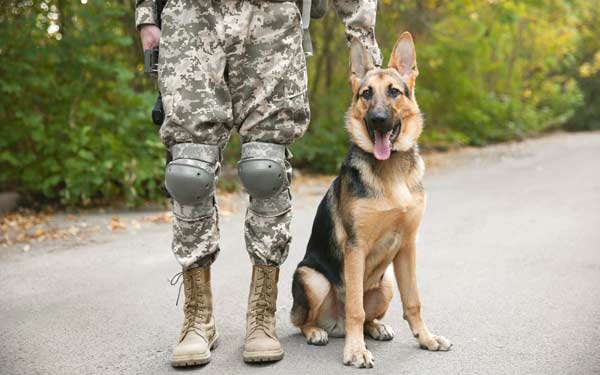
Foreword by Ed Frawley
I met Kevin Sheldahl in 1984 at a police K-9 school in Kansas. We have been good friends ever since. Kevin is a retired police K-9 handler. He became a K-9 Instructor and an International Police Dog Judge. Kevin’s company K-9 Services runs 6-week police K-9 courses in which police officers learn how to become new K-9 handlers. To date, he has run 70 6-week courses and trained over 1,200 K-9 handlers. I don’t know of another dog trainer that has Kevin's experience and knowledge of police service dogs training.
The K-9 training industry is currently facing a significant challenge because of widespread fraudulent practices concerning the qualifications of so-called police K-9 instructors.
It's a well-known fact that government contracts can be lucrative, leading some to exploit this by overcharging and misrepresenting capabilities in the police canine training sector.
The fact is law enforcement canine training lacks regulation. This creating a perilous "buyer beware" scenario where false claims about credentials, experience, and expertise are rampant.
The ease of online advertising, without any restrictions, has facilitated a range of deceptive practices. This includes outright fraudsters selling so-called "police dogs" without any legitimate selection testing, to well-intentioned but unqualified dog trainers attempting to work with police dogs and their handlers, often with minimal or irrelevant training.
Many of these operators have sophisticated looking websites, they use various acronyms from recognized organizations to appear credible, despite lacking actual membership or credentials from these entities. Often, their experience is limited to sport dog training or they have minimal training and connections to legitimately credentialed professionals.
The importance of thoroughly vetting cannot be overstated in the police K-9 sector, where certification, experience in training, courtroom experience, and instruction are all-important. Despite the plethora of options available online for law enforcement canine training, the reality is that not many of the providers are truly qualified.
The key to navigating this landscape is thorough serious research to find a true professional law enforcement instructor with a specialization in police service dogs, not a generic dog trainer, not a sport dog trainer, not a famous civilian dog trainer with an expensive dog kennel who has never worked in law enforcement.
Police dog work diverges significantly from dog sports. Genuine police instructors have verifiable credentials in areas such as patrol, SWAT, narcotics, human remains, explosives detection, and more, including “Use of Force” and Defensive Tactics instruction and extensive knowledge on canine law.
The origin of where a law enforcement dog comes from, whether from civilian breeders or elsewhere, is less important than its suitability for the work and the job. It is imperative to acknowledge the invaluable contribution of civilian breeders and sport trainers to that part of this industry. These people play an important role in providing high-quality animals and the basic foundational training for selection tested police service dogs.
However, the distinction must be made clear: civilians have a vital role in providing selection tested police service dogs, but unless they have the proper credentials they have no role in the instruction and training of new K-9 handlers. That work must be left to experienced professionals in law enforcement.
Therefore, when a department is seeking training, prioritize finding an expert within specific fields to avoid putting new K-9 handlers lives at risk due to an instructor's lack of expertise, knowledge and experience.



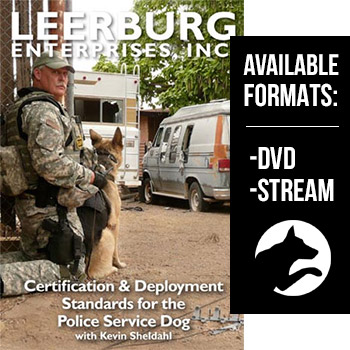
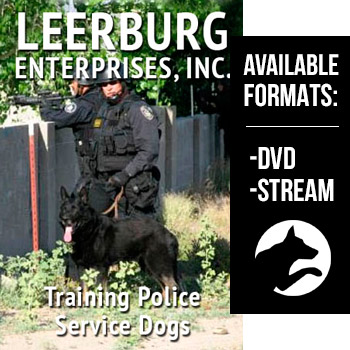
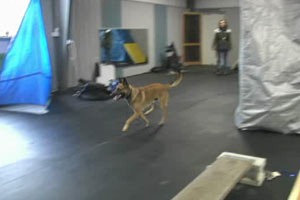

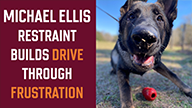
Ask Cindy.